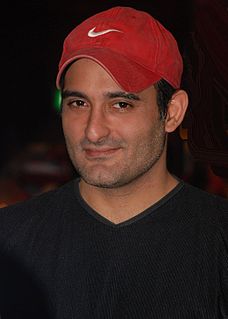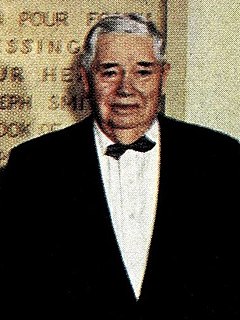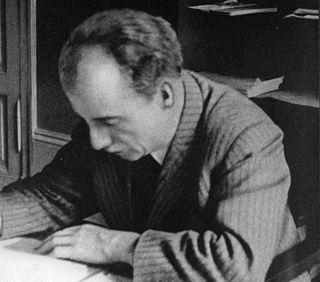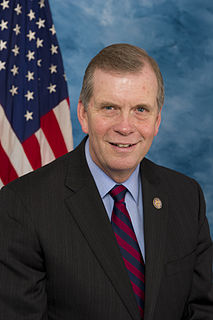A Quote by Stanley Forman Reed
Every legislative limitation upon utterance, however valid, may in a particular case serve as an inroad upon the freedom of speech which the Constitution protects.
Related Quotes
Two Soviets . . . were talking to each other. And one of them asked, "What's the difference between the Soviet Constitution and the United States Constitution?" And the other one said, "That's easy. The Soviet Constitution guarantees freedom of speech and freedom of gathering. The American Constitution guarantees freedom after speech and freedom after gathering."
Americans love to talk about the Constitution and how it protects the rights of every citizen and promises freedom to every citizen, but it's also a country based on racism and they don't talk about that too much and every time there's a film which deals with it there's certain parts of the country that feel uncomfortable.
The complete independence of the courts of justice is peculiarly essential in a limited Constitution. By a limited Constitution, I understand one which contains certain specified exceptions to the legislative authority. Limitations of this kind can be preserved in practice no other way than through the medium of courts of justice, whose duty it must be to declare all acts contrary to the manifest tenor of the Constitution void. Without this, all the reservations of particular rights or privileges would amount to nothing.
If it be said that the legislative body are themselves the constitutional judges of their own powers, and that the construction they put upon them is conclusive upon the other departments, it may be answered, that this cannot be the natural presumption, where it is not be collected from any particular provisions in the Constitution.
[E]very act of a delegated authority, contrary to the tenor of the commission under which it is exercised, is void. No legislative act, therefore, contrary to the Constitution, can be valid. To deny this, would be to affirm, that the deputy is greater than his principal; that the servant is above his master; that the representatives of the people are superior to the people themselves; that men acting by virtue of powers, may do not only what their powers do not authorize, but what they forbid.
The principle of allegiance to the Constitution is basic to our freedom....when you see government invading any of these realms of freedom which we have under our Constitution, you will know that they are putting shackles on your liberty, and that tyranny is creeping upon you, ...no matter what the reason and excuse therefore may be.
Our submission to general principles is necessary because we cannot be guided in our practical action by full knowledge and evaluation of the consequences. So long as men are not omniscient, the only way in which freedom can be given to the individual is by such general rules to delimit the sphere in which the decision is his. There can be no freedom if the government is not limited to particular kinds of action but can use its powers in any ways which serve particular ends.































